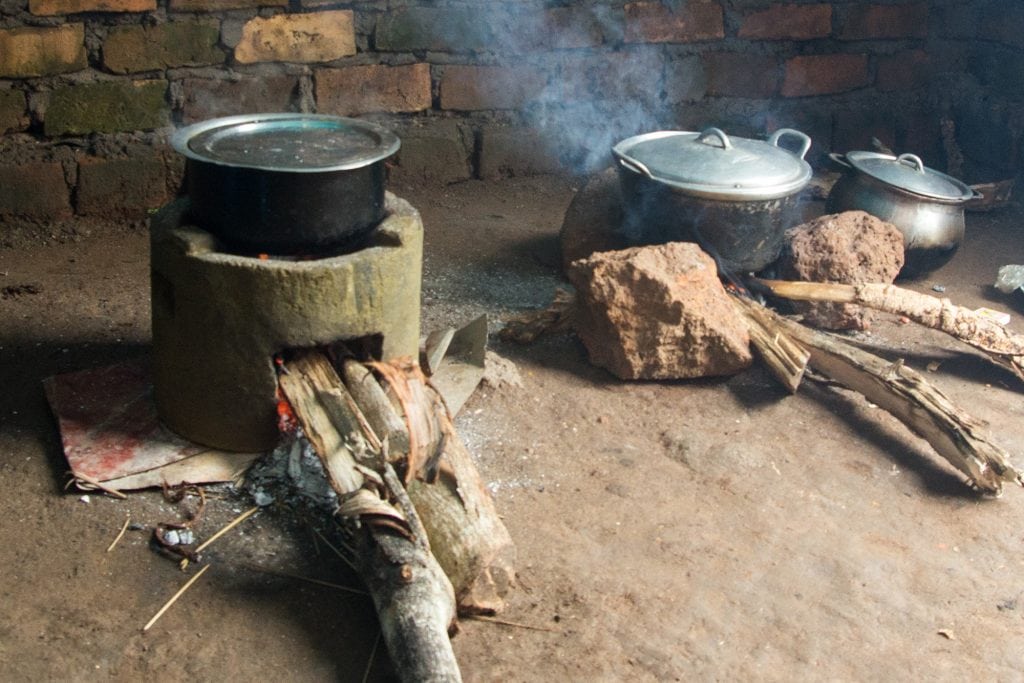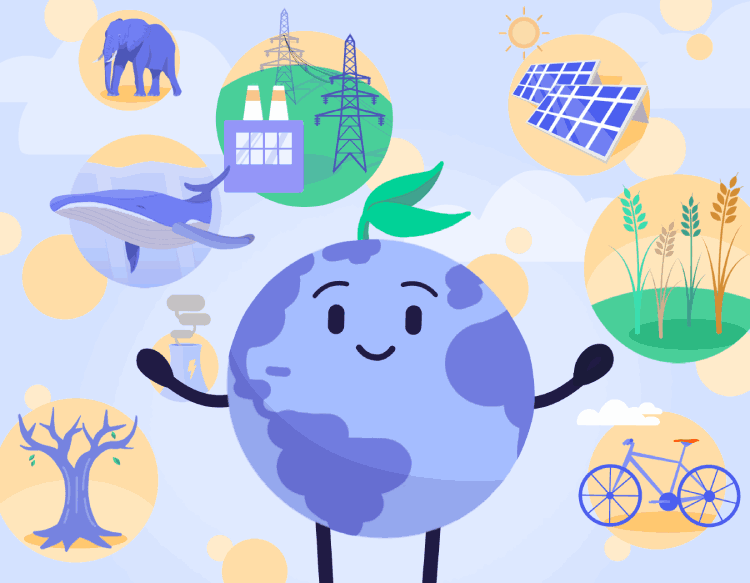

Quinta Irini, an agricultural and agro-processing initiative located in Mafuiane engages in a wide range of agricultural activities including agro-processing agriculture, fungal beekeeping (mushroom production) and raising small animals, chicken, ducks, rabbits, and goats. The small holder farm largely relies on firewood and charcoal as the largest source of energy used in the process of pasteurizing the substrate for the production of mushrooms. The process consumes large amounts of firewood for cooking with 200-liter drums, but the scarcity of this resource in this area is hindering the business and impends its growth. The Namaacha region where the initiative is based is being affected by a rapid trend of fast deforestation combined with population growth, low agricultural production, poverty, food insecurity, low use (and unsustainable use) of the natural resources available in communities, unemployment, urbanization, uncontrolled fires, among other factors that are contributing to the increased demand for wood fuels.
In the ambit of the TSE4ALLM project implemented by UNIDO, funded by the Global Environment Facility and with oversight from the Ministry of Agriculture, the Quinta Irini initiative intends to turn the situation around by promoting the adoption of alternative sources of energy. The aim of this initiative is to establish measures to change from traditional systems that are detrimental to the environment to more efficient and improved systems, as well as to induce the adoption of other energy options. Changes will ensure the sustainability of the use of the biomass resource, including use of residues to improve the quality of productive soils.


Subscribe for our monthly newsletter HERE


